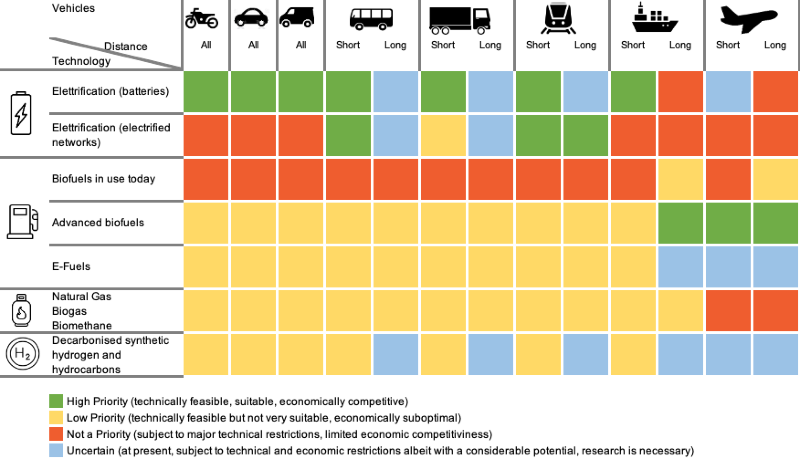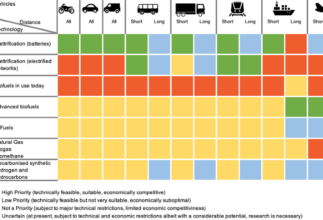The transportation system in Italy accounts for 25% of CO2 emissions. The decarbonization of this sector is crucial to reach the emission reduction targets set by the European Union (- 55% in 2030 with respect to 1990). The Italian Ministry of Sustainable Infrastructures and Mobilities (MIMS) has established a structure of independent experts, named STEMI, to help develop a policy for the ecological transition of the Italian mobility system. One of these experts is Nicola Armaroli, Research Director at ISOF. Armaroli and a group of STEMI colleagues have recently issued a report based on the existing scientific literature and on consultation with stakeholders. The report has looked into the technological options for decarbonization available now and in the foreseeable future, and has identified investment priorities. The key guiding principles were: emission abatement capacity, energy efficiency, cost, and industrial scalability. All major modes of transport were assessed, i.e.,private cars, commercial vehicles, buses, trains, ships, airplanes. A summary of the main findings of the report has been published in this Nature Italy article and are schematically depicted in the figure.



